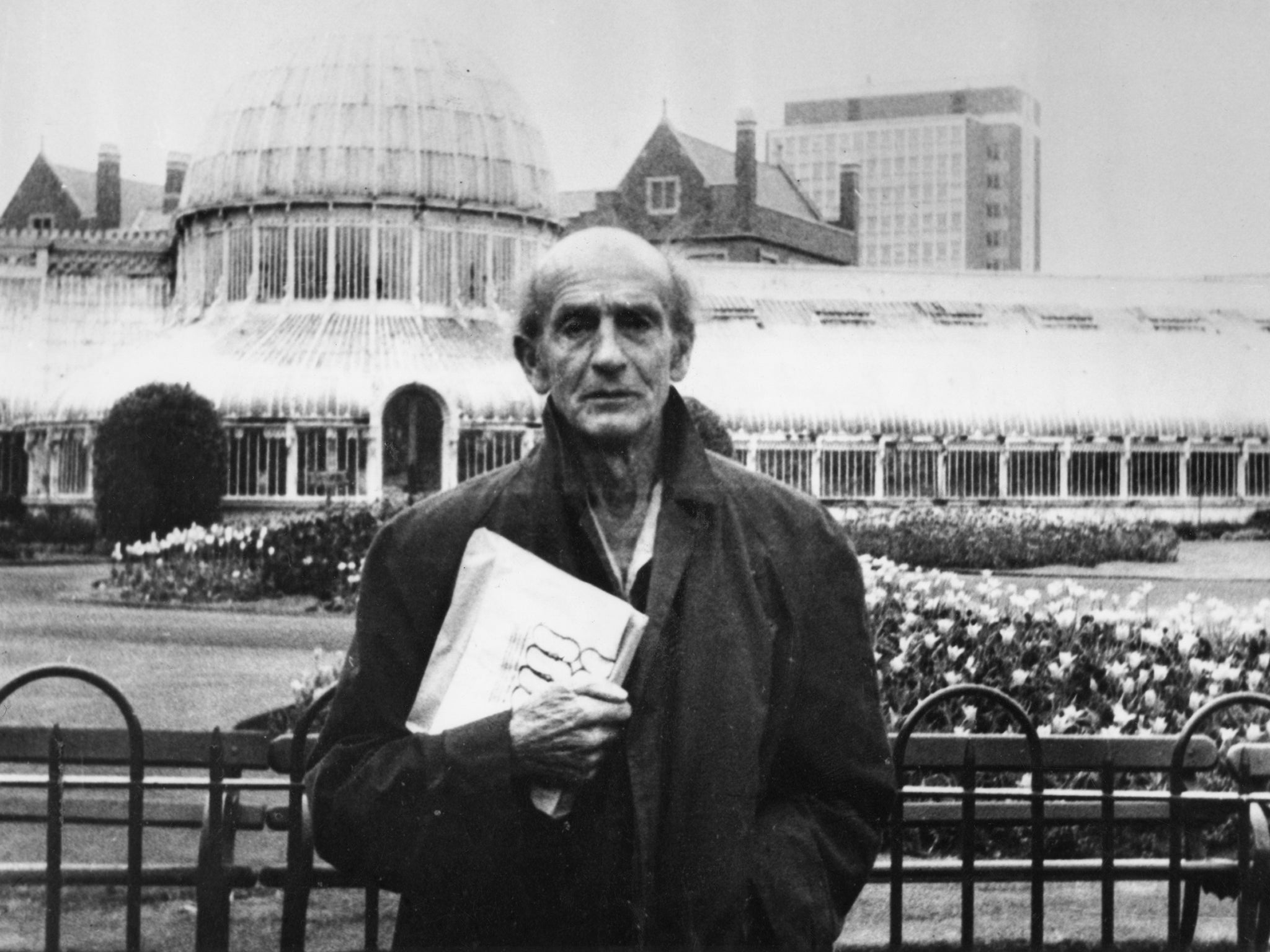Book of a lifetime: The Rise and Fall of the Man of Letters by John Gross
From The Independent archive: DJ Taylor on an engrossing history of homegrown literary criticism

It would be difficult to imagine the average book group sitting down to ponder The Rise and Fall of the Man of Letters (1969) for it is about some highly obscure people. But while FJ Furnivall, Sir John Squire, Churton Collins and Christopher Cauldwell – to take a few of its more representative ornaments – may not be household names, it is a mark of John Gross’s achievement that by the end of 300 or so scholarly pages you end up regarding them as figures of overwhelming interest, fit to justify possibly the most eye-catching of the sub-categories in Thomas Carlyle’s On Heroes and Hero-Worship: “The hero as man of letters.”
Gross’s subtitle is “English literary life since 1800”. What follows is essentially a history of home-grown literary criticism until the later 1950s – before, and to some extent during, the time it was successfully colonised by universities: from Francis Jeffrey’s Edinburgh Review, founded in 1802, via FR Leavis’s Scrutiny and The Great Tradition to some ominous prefigurings of the havoc about to be wreaked on criticism by literary theory and Marshall McLuhan’s insistence that the medium was the message.
The Rise and Fall... appeared shortly after Gross, then in his mid-thirties, had given up academic life – he had been a fellow of King’s College Cambridge – for journalism. There is something horribly symbolic, consequently, in his insistence that the people who keep the wheels of literature turning tend to be bread-and-butter book reviewers rather than grand campus panjandrums – that Orwell, say, on “Lear, Tolstoy and the Fool”, will always have the edge over Professor X and his Shakespeare Encyclopaedia.
What distinguishes his approach, together with a sense of humour and an impossibly racy style, is his sympathy with the succession of sometimes faintly ridiculous amateur critics who shuffle under his lens. The Scottish dissenting minister George Gilfillan (1813-78) with his strange, billowing style and his notoriously erratic judgments, is instantly marked down as “the McGonagall of criticism”, but then, having noted a few of his absurdities, Gross sees the point of him, commends to his passionate Liberalism and draws comparisons with Macaulay that aren’t at all to the great historian’s advantage. In the end, this book’s significance is twofold.
On the one hand it performs the difficult task of showing how the literary world at various points in its pre-history worked, the alliances that sustained it and the critical orthodoxies that underwrote its judgments. On the other, for anyone who makes their living out of literature, it is a kind of apologia pro vita sua – a justification of the book reviewer’s art and a defence of a tradition in whose absence modern English literature would more or less cease to exist.



Join our commenting forum
Join thought-provoking conversations, follow other Independent readers and see their replies
Comments